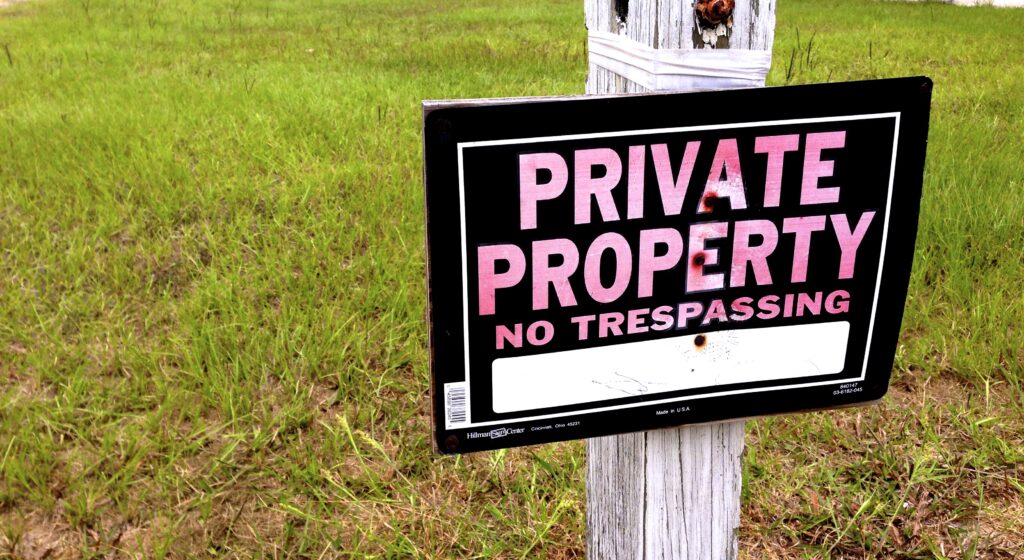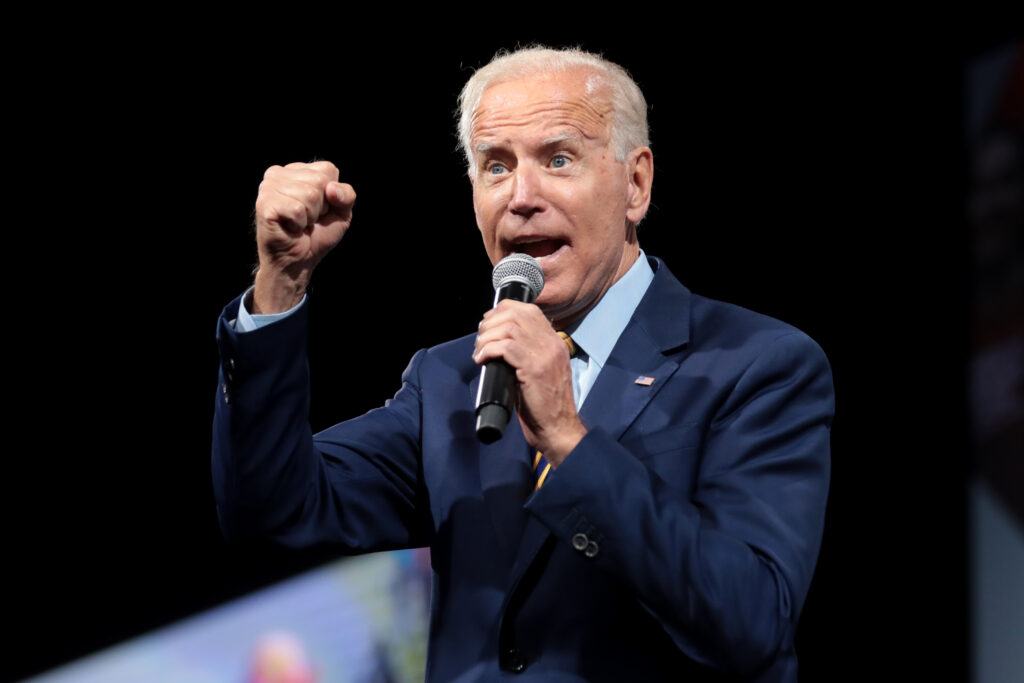Harvard Law School professor Laurence Tribe, one of the professors who taught President Barack Obama while he attended law school and author of a widely used text on constitutional law, is serving on the legal team fighting to block the Obama administration’s Clean Power Plan (CPP).
The U.S. Supreme Court issued a stay of the CPP on February 9, 2016, delivering a temporary victory to 27 states, multiple companies, and industry groups who sued to halt the rules by arguing they are unconstitutional and unnecessarily costly. The CPP forces states to cut carbon-dioxide emissions from new and existing power plants by approximately 32 percent below 2005 levels by 2030.
In September 27, 2016, arguments before the Washington, DC Circuit Court of Appeals, Tribe, representing Peabody Energy, cited his brief on the constitutionality of the CPP published in Harvard Law Today in 2015, in which he wrote CPP is not authorized by the Clean Air Act and is unconstitutional because it violates the division of authority between the states and the federal government and Fifth Amendment property rights and due process provisions.
When contacted by Environment & Climate News for comment, Tribe declined because the litigation is still pending.
Argues 10th Amendment Violation
Attorney Michael Nasi, a partner in the law firm Jackson Walker and general counsel for the Balanced Energy for Texas, says CPP violates the 10th Amendment to the Constitution, which reserves to the states or the people all powers not explicitly granted to the federal government.
“We clearly have Tenth Amendment issues here,” Nasi said. “I have never seen an environmental regulatory set of provisions that are so coercive.
“The [Clean Power Plan] is set up to force states to create enforceable plans, plans that the Environmental Protection Agency, without states’ capitulation or submission, cannot enforce itself,” said Nasi. “In my career, that has never happened in the environmental jurisprudence.”
Michael McGrady ([email protected]) writes from Colorado Springs, Colorado.




